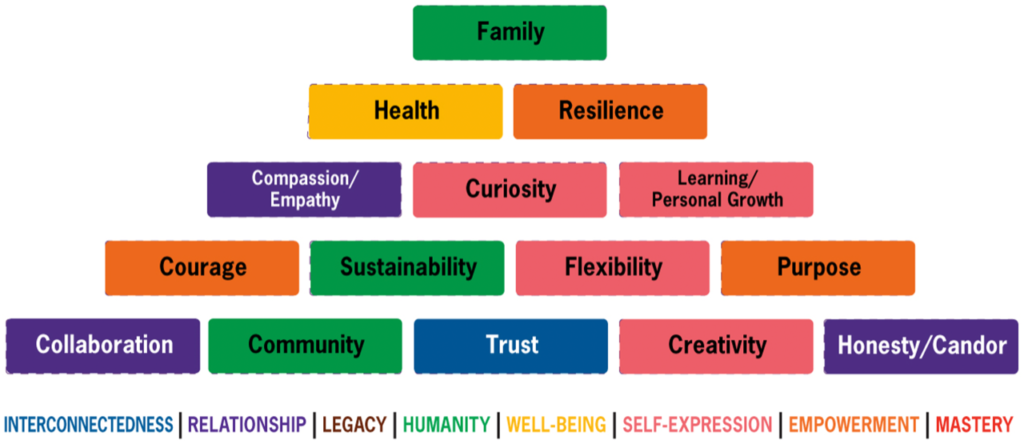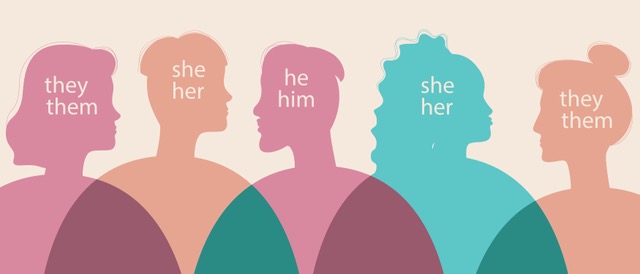Happy New Year! As we usher in 2024, we stand on the cusp of change, carrying a fresh zest for positive transformation. However, it’s crucial to acknowledge that this year will be far from typical. With the upcoming US election cycle set to shape the national trajectory, we anticipate a period marked by heightened emotional investment and potential divisiveness. In the backdrop of global challenges—from conflicts to environmental crises and social justice issues—lies the reality that many within our teams are also grappling with personal adversities such as financial or health concerns.
It is with this understanding that I emphasize the distinctive role we, as HR professionals and C-Suite leaders, must play. The external pressures of 2024 will uniquely impact our workforce. Employees may feel besieged on multiple fronts, which could inadvertently affect their performance and, by extension, our business outcomes. Fear, a byproduct of uncertainty, often inhibits risk-taking and can lead to overly cautious decision-making. When worries occupy minds, innovation and fresh problem-solving suffer, while ‘unproductive noise’ clouds focus and diminishes productivity.
To navigate these challenges, we must implement strategies that promote psychological safety, inclusivity, and well-being—essential for cultivating resilient and effective teams that can meet our strategic business objectives.
Here are some actionable insights to bolster resilience, positivity, and effectiveness:
– Reaffirm the Core Mission: Align your team’s energy with the organization’s mission and vision, creating a refuge from external disruptions.
– Operationalize Values: Transform values into daily actions. This practice reinforces a culture of psychological safety and inclusivity.
– Champion Ethical Practices: Uphold ethical standards in all business activities to foster trust and integrity, ensuring that every decision supports the greater good and reflects our collective values.
– Strengthen Team Bonds: Cultivate connections to combat isolation, foster understanding, and encourage unity, which in turn reduces stress and enhances collaboration.
– Promote Physical Activity: Encourage walking meetings or stretching breaks. Movement aids presence and focus, vital for effective performance.
– Recognize Accomplishments: Celebrating team successes boosts morale, strengthens team spirit, and increases engagement.
– Celebrate and Learn from Failures: Create a culture where missteps are seen as valuable learning opportunities, fostering a spirit of continuous improvement and innovation.
– Implement Digital Detox: Regular breaks from digital platforms can reduce stress and prevent burnout, particularly when the world feels overwhelming.
– Accessibility to Mental Health Resources: Ensure that support systems like Employee Assistance Programs (EAP) are readily available to everyone.
– Embrace Flexibility: Adaptive work arrangements offer individuals a sense of agency in times of uncertainty.
– Prioritize Outcomes Over Process: While processes are important, emphasize the importance of the end goal. Flexibility in how tasks are accomplished can lead to innovative solutions and a more agile workforce.
– Encourage Comprehensive Rest: Advocate for regular breaks, vacations, and interactions with nature to refresh perspective, creativity, and well-being.
– Value Quiet Reflection: Set aside time for tranquility and self-reflection, crucial for maintaining balance in our fast-paced existence.
As we look forward to 2024, let us approach it with optimism. By prioritizing our wellness and that of our colleagues, we can overcome any obstacle and not just survive, but truly thrive.









